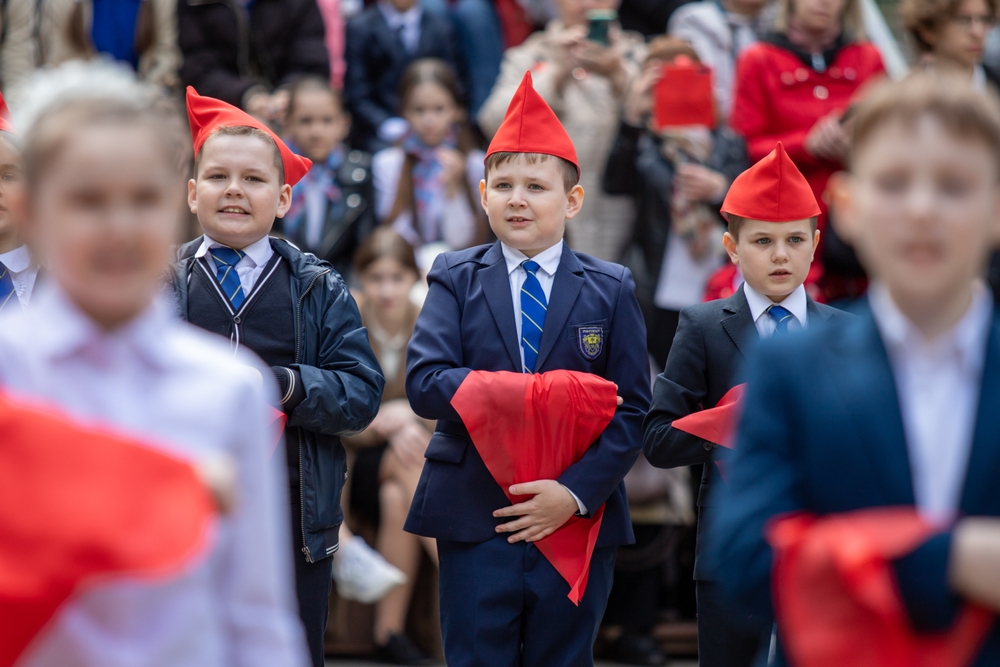Fears about the exploitation of minors have intensified in Ukraine after new accounts revealed how children and teenagers were drawn into covert missions through social media channels.
Others are reading now
Officials say recruiters target those who feel isolated or frustrated, offering money for tasks they barely understand.
Law enforcement agencies argue this has become a systematic tactic designed to exploit the most vulnerable.
Rising cases
According to the BBC, Ukraine’s SBU security service has identified more than 800 people recruited by Russia over the past two years, including 240 minors. Some were as young as 11.
One case involved a 17-year-old who travelled roughly 500 miles to the western city of Rivne to collect a bomb and a phone hidden in a park.
He told the BBC he had been promised $2,000 for placing the explosive device in a van used by Ukraine’s military.
Also read
Teenagers targeted
The teenager, known by the pseudonym Vlad, said he was instructed to connect the device while livestreaming the scene to a coordinator who planned to detonate it remotely.
The SBU tracked the operation and stopped it before the attack could be carried out.
Now 18, he awaits trial on terrorism-related charges that could result in a 12-year sentence.
“When I was connecting the wires, I thought it might explode at that moment. I thought I might die,” he told the BBC, reflecting on the moment he attempted to assemble the bomb.
Younger children approached
Cybersecurity specialist Anastasiia Apetik told the BBC she has seen attempts to recruit children as young as nine or ten.
Also read
Andrii Nebitov, deputy head of Ukraine’s National Police, said recruiters deliberately search for individuals who can be easily manipulated.
According to him, children are instructed to make makeshift explosives from household materials and leave them at locations such as police stations or recruitment centres.
Platforms exploited
The SBU reports that most recruitment takes place through Telegram, although TikTok and gaming platforms are also used.
Officials say money is the primary motivator rather than pro-Russian sentiment.
Vlad said he had no political leanings and simply posted on Telegram that he was seeking remote work. Within minutes, he received offers from a contact calling himself Roman.
Also read
Escalating tasks
Vlad said he first collected a grenade that never materialised but was paid $30 anyway.
Later he was asked to torch a recruitment centre’s van and film it, receiving around $100 in cryptocurrency, far less than promised.
The BBC reviewed Telegram channels linked to these activities, which often display videos of fires and blasts, although their origins could not be verified.
The channels monitored by the BBC do not openly identify as pro-Russian but often highlight public resentment over compulsory service in Ukraine.
Telegram said such content violates its rules and is removed when found.
Also read
Ukrainian officials have named alleged Russian intelligence officers connected to these schemes, but the BBC noted it could not independently confirm direct state involvement.
Sources: Digi24, BBC, SBU (via BBC), National Police of Ukraine.


